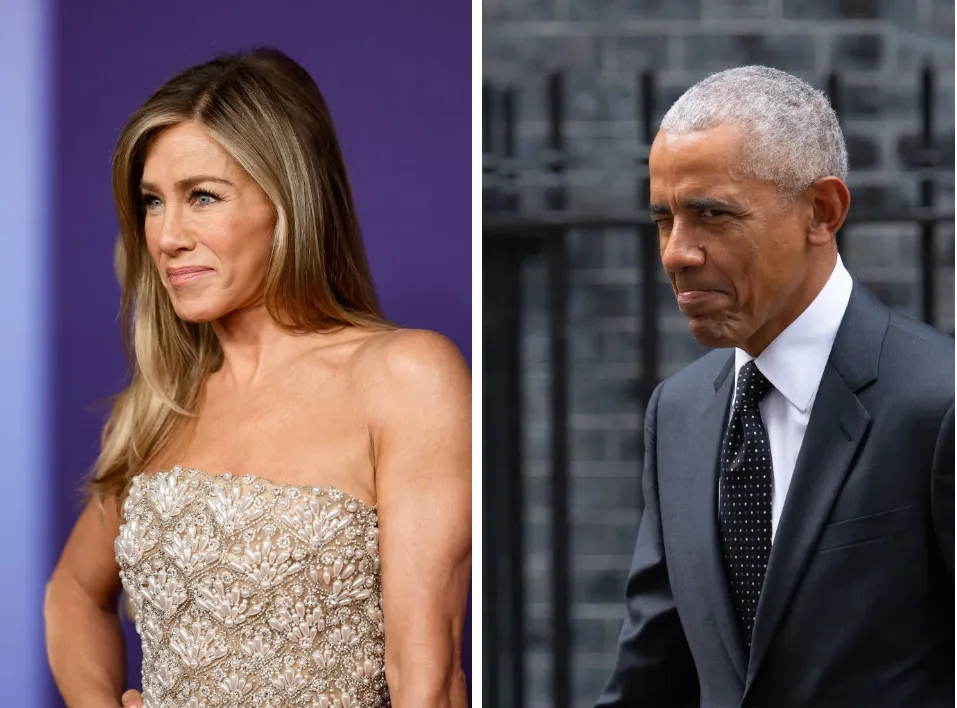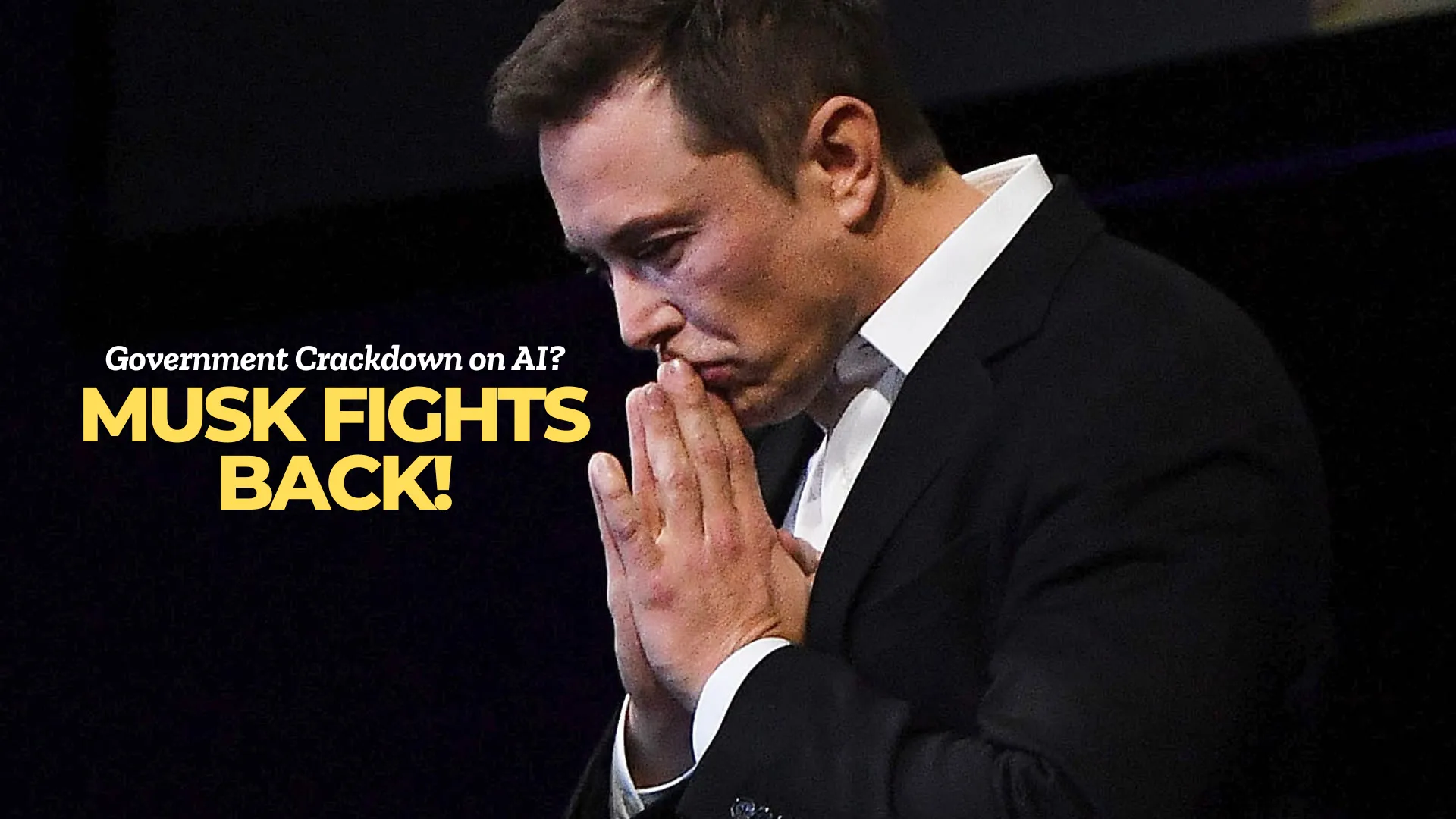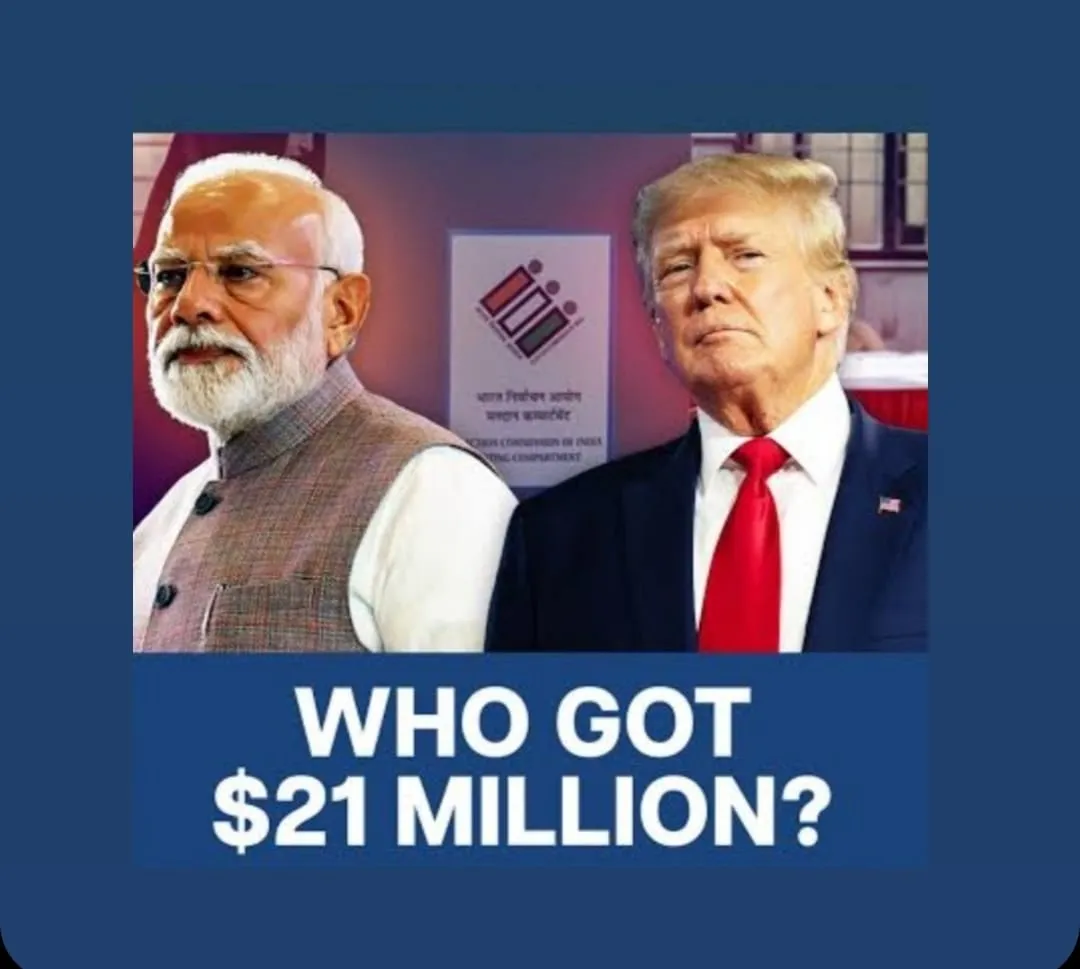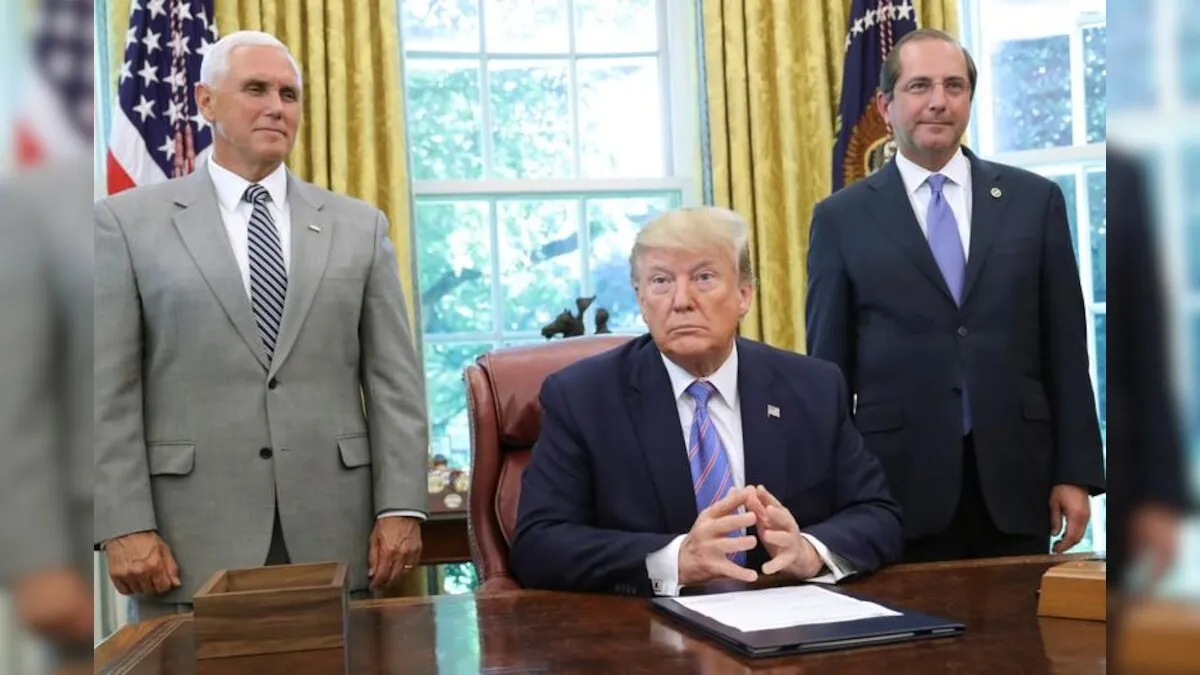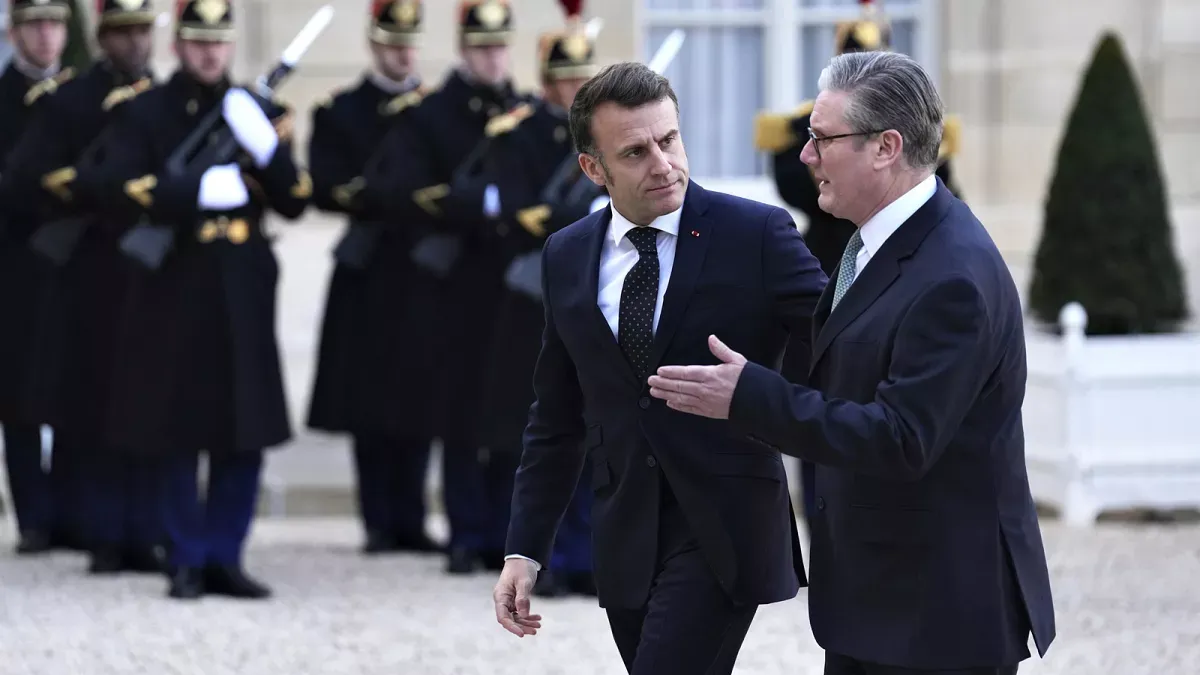
In a significant geopolitical development, European leaders convened in Paris to address their exclusion from the recent U.S.-Russia peace negotiations concerning the ongoing conflict in Ukraine. The emergency summit, orchestrated by French President Emmanuel Macron, aimed to formulate a cohesive European response to the evolving situation.
The backdrop to this meeting is the United States' decision to engage in direct talks with Russia in Saudi Arabia, a move that has notably sidelined both European nations and Ukraine itself. This approach has raised alarms across Europe, with leaders expressing concerns over the potential implications for regional security and the precedent it sets for international diplomacy.
British Prime Minister Keir Starmer, attending the summit, underscored the urgency of a united European stance. He emphasized the necessity of a U.S. "backstop" to deter further Russian aggression and indicated the UK's readiness to deploy troops to Ukraine as part of a broader peacekeeping mission, contingent upon a firm American security guarantee. Starmer's remarks reflect a broader sentiment among European leaders about the indispensable role of the U.S. in ensuring European security.
However, consensus among European nations remains elusive. While the UK and Sweden have shown willingness to contribute peacekeeping forces, countries like Germany and Poland have exhibited hesitation, deeming such commitments premature. This divergence highlights the complexities inherent in formulating a unified European defense strategy, especially in the face of evolving global alliances.
The formation of the "Weimar+" group, an expansion of the original Weimar Triangle to include the UK, Spain, Italy, and the European Commission, signifies Europe's intent to bolster its geopolitical influence independently. This alliance seeks to promote European sovereignty, particularly in matters of defense and security, and serves as a platform for coordinated action in support of Ukraine.
French Finance Minister Bruno Le Maire addressed the financial dimensions of this initiative, advocating for equitable defense spending among EU member states. Belgium echoed this sentiment, emphasizing the importance of collective investment in defense to ensure the continent's security and autonomy.
The exclusion of European leaders from the U.S.-Russia talks has not only strained transatlantic relations but also intensified internal debates within the European Union. The urgency to present a united front is palpable, yet differing national interests and historical contexts pose challenges to achieving unanimity.
As the situation unfolds, the Paris summit serves as a critical juncture for Europe to redefine its role on the global stage. The decisions made in these discussions will have lasting implications for the continent's security architecture and its relationship with both Eastern and Western powers.
In conclusion, the Paris summit underscores the complexities of international diplomacy in the modern era. Europe's endeavor to assert its influence amidst shifting alliances and exclusionary tactics reflects a broader struggle for autonomy and relevance. The path forward necessitates not only unity among European nations but also a reevaluation of traditional alliances and strategies to navigate the intricate web of global politics.

